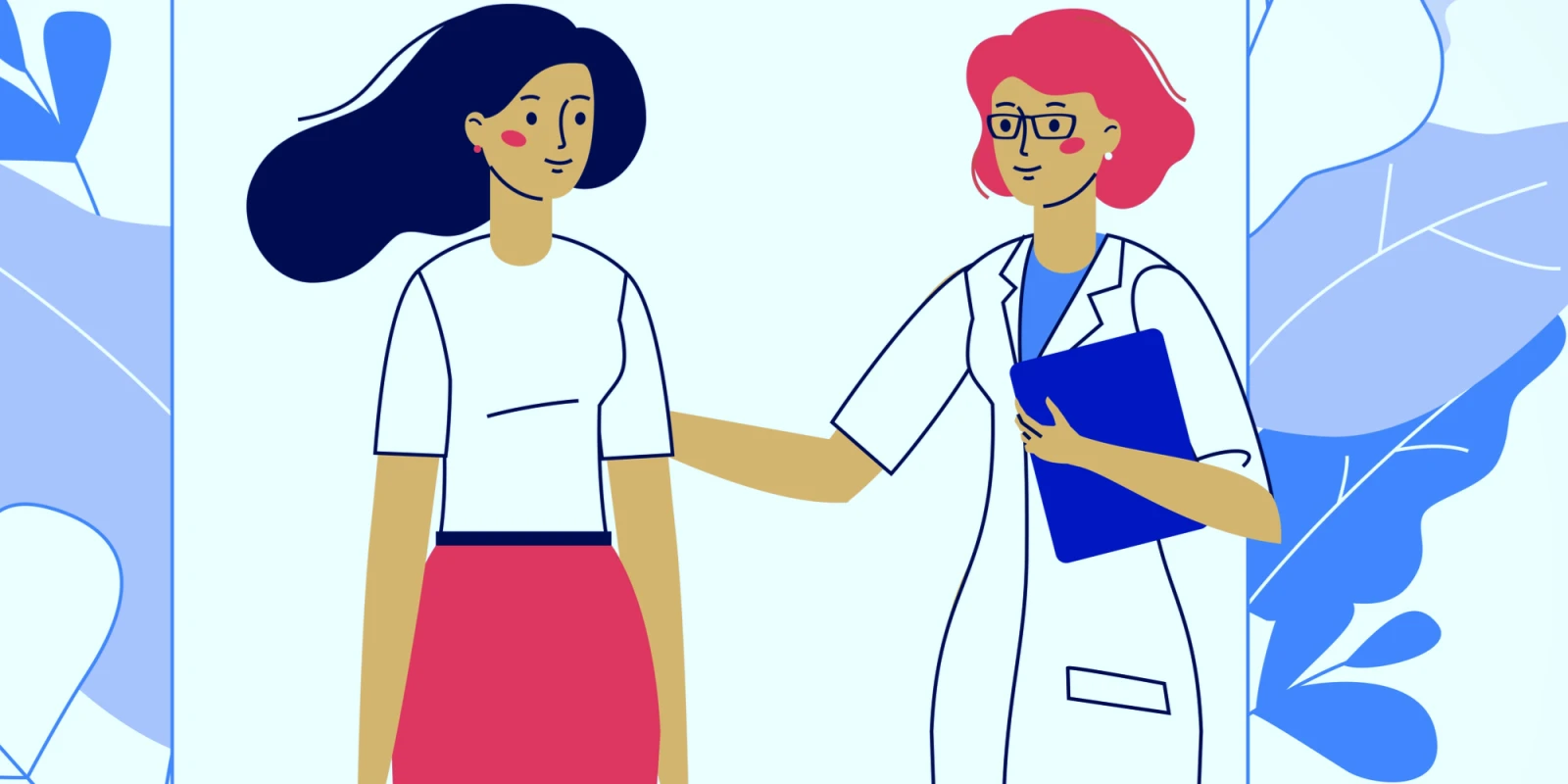 Acute Care Surgery (ACS) clinic day at Highland Hospital in Oakland presents itself in the most wondrous of ways. She hosts about 30 patients on this day and everyone is a character, which I would say is true to medicine in general.
Acute Care Surgery (ACS) clinic day at Highland Hospital in Oakland presents itself in the most wondrous of ways. She hosts about 30 patients on this day and everyone is a character, which I would say is true to medicine in general.
One day, I found myself a PGY-2 paired with an unpleasant patient. I couldn’t take her unpleasantness to heart because something has to go wrong for one to be referred to our clinic. That must be why she was so short with me, I thought to myself: she has a surgical diagnosis.
The reality of our patients, however, extends beyond their countenance and diagnosis. They remain a population of the most vulnerable people whom we must appreciate in full.
When our eyes met, I turned on my standard greeting punctuated with a smile. I don’t smile often, but I find myself enjoying my patient interactions. Having the pleasure of caring for individual lives unique from what I know offers an intimacy that I strain to make two-way. The strain comes from the reciprocal exchange of information between my patients and me. If an “overshare” can get a smile or laugh, I’ll go for it. Careful not to over impose though, I let this patient know that I knew she was referred to ACS clinic. I could tell she was uneasy. She hesitated with her answers and became impatient as we advanced through the history and physical. I really had nothing to give, nothing to exchange to stave off her uneasiness. I countered with undivided attention, steady, unwavering “ok’s” and understanding head nods. It was the first time I had to rely exclusively on compassion. It was working. Even the exam went smoothly. When I finished, I asked my patient if she would consider surgery and she preferred not to at this time. I then let her know that I needed to speak with my boss.
“We’ll return and let you know the plan.” I’m almost sure she smiled.
Upon my return to our workroom, I helped myself to the sudden snack supplies only to be prompted by my attending with an “okay, JB, what’ve you got?” I presented, barely choking: “A 35-year-old male to female transgendered woman history of well-controlled HIV is referred from medicine for AIN-1 on pathology obtained here. Exam is significant for extensive fistula-in-ano disease with multiple tracts as distal as her inner thigh. My plan: surveillance for AIN-1 and offer diversion for fistula disease, though patient not currently interested.”
After her “sounds good, let’s go see her,” we see my patient and discuss my plan. The interaction completes, and I think about her as I fill her paperwork out.
I think about her between other patients that day. I think about her between other patients on other days. I appreciated her. I knew why her shoulders grew cold. She only attempted to prepare herself for a remark, a tone, a gesture, or even explicit communication bespoke with judgment or disdain. Why else would she have smiled (or so I convinced myself) when I was normal to her?
It was certainly the first time I’ve purposefully attempted to establish a relationship — to prove that I was a compassionate surgeon or a normal human being. It was all I could do to let her know that I felt the same as her. I have many patients like her rotating in my mind because they pose important lessons. As a lifelong learner, I value these lessons. I collect and search them as memories either voluntarily or reactively from stimulation.
One day, I found myself a post-call PGY-2 grocery shopping when a woman came up to me. It was her. She eagerly introduced me to her two children and gave me a “it’s so good to see you” and “kids, she’s a surgeon!”
I shared similar words, and she joked about my apparent exhaustion. The laughter wasn’t strained. We parted with a wave and most definitely a smile.
Jessica Nicole Rea, MD (née: Brown) is a PGY5 General Surgery resident at UCSF East Bay currently finishing her second year of research. She plans to pursue Vascular Surgery at the completion of her residency.
Image by Evellean / Shutterstock







